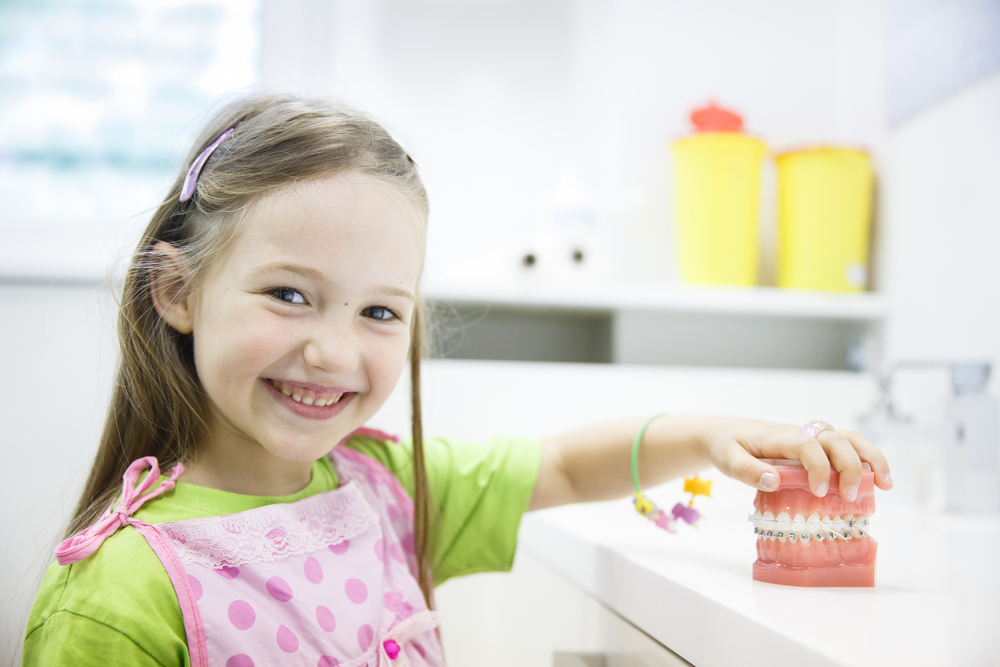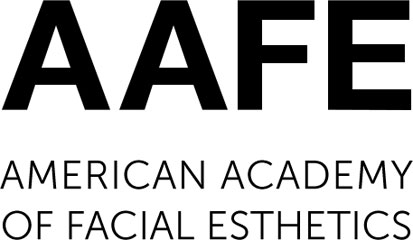
Understanding the Basics of Early Dental Care
Good oral health is essential for a child’s overall well-being. It begins earlier than many parents might believe.
Early dental care means taking young children to their first dental appointments. It’s best if these visits happen in the first few years of life. During these visits, the focus is prevention, teaching, and building positive relationships with dental professionals.
Why Dentistry is Crucial for Early Development
Dentists focus on maintaining children’s oral health from infancy through adolescence, requiring specialized training to address their unique needs. Children’s rapid growth and development make them susceptible to dental issues like cavities, misaligned teeth, and jaw problems. Early intervention by dentists can prevent future complications and support proper speech development for children.
Key Components of a Child’s First Dental Visit
A child’s first dental visit is crucial for their future oral health. Parents should schedule it when the first tooth appears or by their first birthday.
During the visit, expect:
- Oral Examination: The dentist checks teeth, gums, and jaws.
- Cleaning: Teeth cleaning if needed.
- Parental Education: Tips on oral hygiene and habits.
- Future Planning: Discussion on growth and future visits.
Benefits of Initiating Dental Care Early
Starting dental care early in a child’s life has many benefits for their health now and in the future. Early dental visits, like regular doctor visits, are crucial for prevention and early problem detection. Addressing dental issues promptly leads to simpler treatments and helps children develop lifelong oral care habits.
Prevention of Common Dental Issues in Children
Early dental visits are crucial for preventing tooth decay, a common issue among children in the US. Bacteria produce acids that harm tooth enamel, leading to cavities. These visits help detect decay early for prompt treatment, such as fluoride and sealants to strengthen enamel and prevent cavities. Good dental care from an early age can spare kids from painful procedures like fillings or extractions, ensuring healthy smiles for life.
Influence on Long-Term Oral Health Practices
Early dental visits are important not just for quick concerns, but also for helping kids build good habits for their oral health. When children see the dentist from a young age, they start to think of dental care as a normal and vital part of being healthy.
Getting used to the dentist’s office and hearing encouragement from parents and dentists helps kids feel more relaxed and confident about taking care of their teeth. This early positive experience is invaluable in stopping dental anxiety, which many people deal with as they get older.
Also, early dental visits allow parents to learn and teach their kids good dental hygiene at home. This includes using fluoride toothpaste correctly, flossing, and making healthier food choices. These lessons can have a lasting effect on a child’s oral health.
Common Dental Problems in Early Childhood
Early childhood is a crucial time for oral health. During this stage, children undergo teething, develop primary teeth, and start getting permanent teeth. It is important to know about common dental issues that can happen during these growth changes.
These issues can include tooth decay, problems with enamel, gum disease, and dental injuries. Finding these problems early and taking action is key to solving them correctly and avoiding bigger issues in the future.
Identifying Signs of Early Tooth Decay
Tooth decay, a common issue for both adults and children, occurs when mouth bacteria produce acids that damage enamel, leading to cavities. Untreated decay can result in pain, infections, and tooth loss. Regular dental check-ups are crucial, especially for young children who may not express discomfort. Signs include white spots indicating early enamel damage, progressing to brown or black spots. Sensitivity or pain when consuming sweet or hot/cold foods and gum swelling/redness could signify decay-related infection.
Managing Teething and Related Discomfort
Teething, a significant milestone in a child’s early dental care journey, can be accompanied by discomfort and unease. To alleviate these symptoms, gentle gum massages using clean fingers can provide relief. Chilled teething rings or washcloths can help soothe sore gums and reduce inflammation. It’s essential to ensure these items are sanitized properly before use to prevent any potential infections. Additionally, offering your child safe teething toys to chew on can aid in managing teething discomfort. You can navigate teething with care and comfort by staying attentive to your child’s needs during this period, promoting a positive early dental care experience.
Parental Guidance and Tips for Child Dental Care
Taking care of children’s teeth can seem hard for parents at first. But with the right info and a positive attitude, parents can help their kids develop good habits for dental care from an early age.
It’s important to set a steady routine, make dental care fun and enjoyable, and work with a trusted dentist. This way, you can keep your child’s smile bright and healthy.
Establishing an Effective Dental Routine at Home
A regular dental routine is key for good oral health, and starting early is important. Even before the first tooth comes in, parents can gently wipe their baby’s gums with a soft, damp cloth after feeding. This helps remove milk and teaches the idea of hygiene.
When the first tooth appears, start brushing with a soft-bristled toothbrush and a small amount of fluoride toothpaste, as the American Dental Association suggests. For kids under three, use a rice-sized bit of toothpaste. For kids three and older, use a pea-sized bit.
Parents should help with brushing until kids can use the toothbrush well, usually around age six or seven. Along with daily brushing, include flossing when the child has two touching teeth. Regular visits to the dentist for check-ups and cleanings are also crucial for your child’s oral health.
Choosing the Right Products for Your Child’s Dental Care
Choosing the right dental care products is very important for good oral health. When you select a toothbrush for your child, choose one with soft bristles and the right size for their mouth. The American Academy of Pediatrics says you should use fluoride toothpaste as soon as your child’s first tooth comes in. Fluoride helps make tooth enamel stronger and stops decay.
For kids under three, use just a small amount of toothpaste—about the size of a grain of rice. For children aged three and older, a pea-sized amount is enough. Think about what your child likes when picking flavors and types of toothpaste.
If you worry about ingredients or your child has special health care needs, talk to your dentist or pediatrician for suggestions. Remember, good oral hygiene starts at home. Letting children help choose the products can make it a fun and positive experience.
Schedule Your Appointment
Holmes Dental can get your child started on a lifetime journey to better oral health. Our specialists will identify issues early and answer your questions. Simply go online to schedule an appointment today.

 Dan Holmes, DDS
Dan Holmes, DDS Nicole Holmes, DDS
Nicole Holmes, DDS Our Team
Our Team




